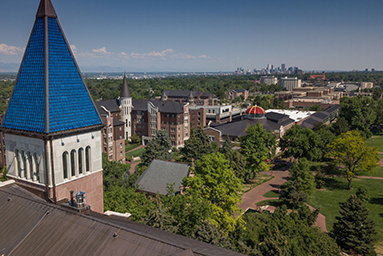The master of arts in sport and performance psychology program is a pioneering academic offering, combining innovative training, applied research and practice. The program is designed to develop individuals in the sport, performing arts, health and fitness, and mental health fields who want to improve the performance and lives of the people with which they work. We focus on the psychological factors that influence human performance while practicing assessment and intervention strategies that enhance an individual’s performance and personal growth.


